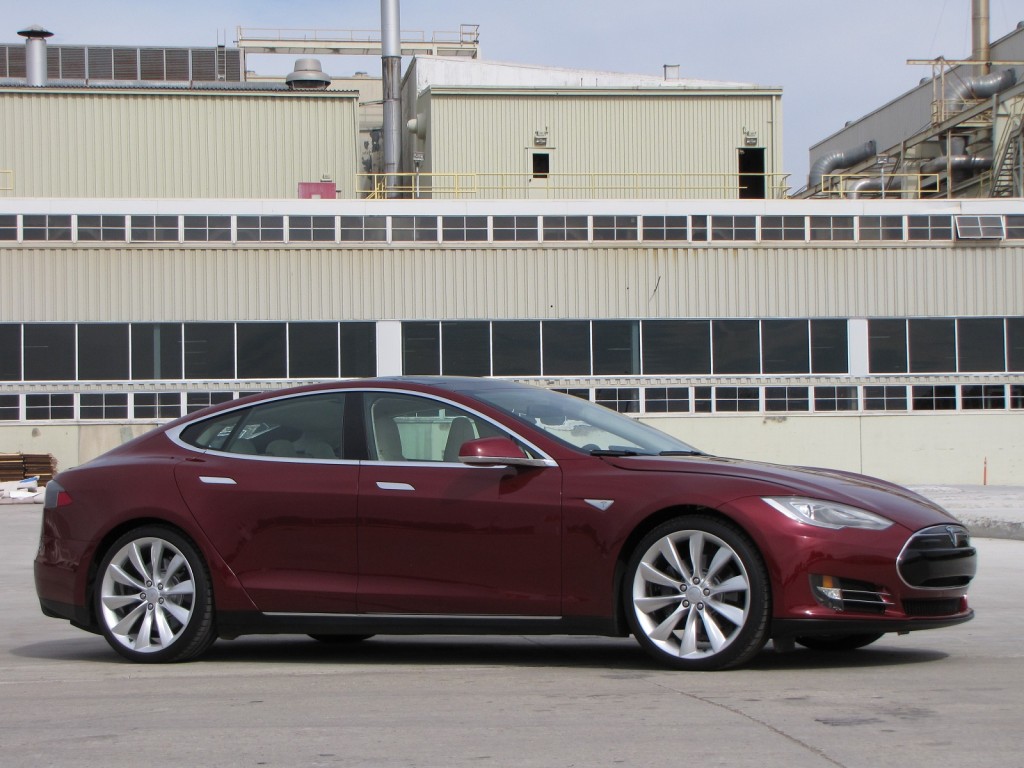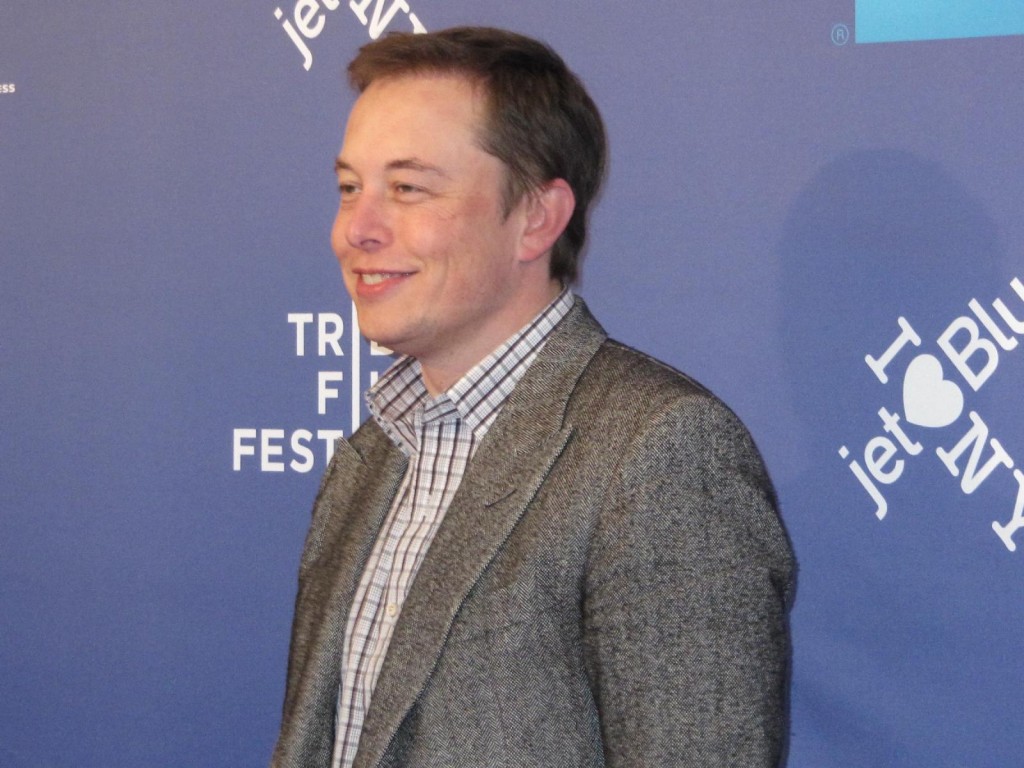It's never dull over at Tesla Motors, but tomorrow is a particularly important day.
It may, in fact, be the most important day in the electric-car maker's history.
That's because after the stock market closes, Tesla Motors [NSDQ:TSLA] will give the first hints about whether it could genuinely become a profitable independent carmaker.
At 5:30 pm Eastern time, the company will hold its quarterly earnings call to discuss its Q4 financial results from October through December, as well as its full 2012 results.
Tesla is widely expected to have lost money for the full year 2012. It was a year of gearing up and getting its Model S electric luxury sport sedan into volume production, and that costs money. A lot of money.
But for the first time since its founding almost 10 years ago, Tesla's financials will let analysts pore over the costs and revenues of running the Model S production line at its full capacity of 400 electric cars a week.
That happened around New Year's Day, so the three-month financials won't reflect sustained full production. Those numbers will have to wait til the Q1 results call in April.
But financial analysts will want to answer many questions as they tear into Tesla's numbers, including:
- How many Model S cars did Tesla build by December 31?
- How many did it actually deliver to paying customers?
- What was the revenue realized for those sales, versus the cost of building and delivering the cars?
- What average sale price for 85-kilowatt-hour cars does that reveal?
- How does the company expect the start of production for 60-kWh versions to affect its results?
- How many reservations does Tesla have for the Model S from the U.S. and from Europe? For its next product, the Model X electric crossover?
- What percentage of reservations translate into actual sales?
- Does the company seem to have enough cash--or can it raise enough--to get it to profitability?

2012 Tesla Model S beta vehicle, Fremont, CA, October 2011
To which we'd add:
- Now that the Model S is at full production rates, when will Tesla begin releasing monthly sales figures like every other major carmaker?
Tesla Motors has lost money continuously since it was founded, as many startups do before ramping up to full production and sales.
CEO Elon Musk said that the company was profitable for the month of July 2009, a feat not since repeated--and not verifiable by the public, since Tesla was then privately held.
Some analysts have speculated that the brief period of profitability was necessary to qualify for $465 million of low-interest loans from the Department of Energy, which Tesla had been granted just two weeks earlier.
In early December, Musk tweeted that Tesla had been "narrowly cash-flow positive" for the week. He has not repeated that claim either.

'Revenge of the Electric Car' premiere: Tesla Motors CEO Elon Musk on red carpet
Automaking is a brutally expensive, very complex, and time-consuming industry--which is why entrepreneurs rarely dive into it, preferring products with lower capital costs and faster potential payback curves. Software, for instance.
But so far, the stock price of Tesla Motors has risen to roughly double the $17 price at which it was issued in a successful initial public offering in June 2010.
And the company is valued at multiples more likely to be associated with high-flying software startups than automakers.
One confirmed Tesla skeptic points out an intriguing way to assess Tesla on the popular investing blog SeekingAlpha (although his math is off by an order of magnitude).
If Tesla were valued at the same multiple for each car it sells as Ford [NYSE:F], it would have a market capitalization of $175 million--not its current $4.2 billion. (The author wrote $17.5 million, which was wrong.)
Profits and losses and cars, oh my.
Tomorrow afternoon will be the first chance for investors and shareholders to weigh in on the company's first real financial results as an operating carmaker.
What will the market say?
Leave us your thoughts in the Comments below.
+++++++++++













